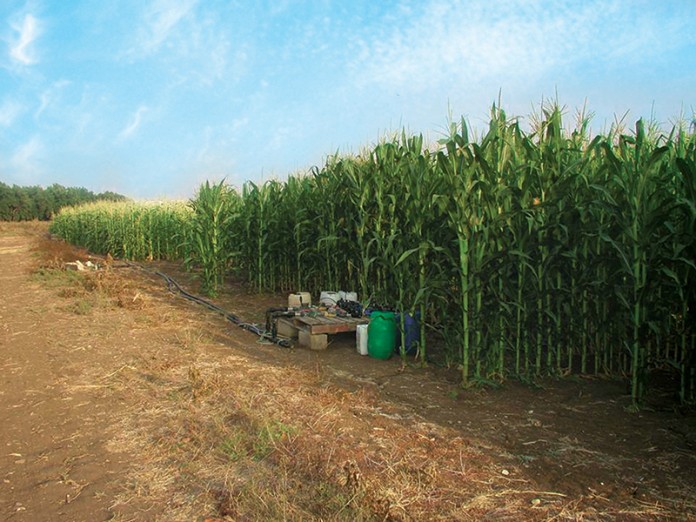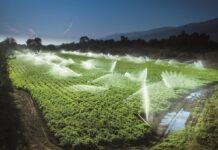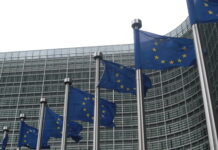
A new standard (ISO 16075 series) has been published containing guidelines for the development and execution of treated wastewater projects, including design, materials, construction and performance, and covering a wide range of issues such as water quality, types of crops that can be irrigated, associated risks and main components.
“Properly treated wastewater is an available ideal resource to replace freshwater consumption in agriculture, decreasing the use of natural water resources,” Jorge Tarchitzky, chair of ISO/TC 282/SC 1, the technical committee that developed the standards, told The Source. “The guideline proposed in ISO 16075 can contribute to those who wish to deal with problems of treated wastewater disposal and water scarcity, as it integrates all factors that should be considered in irrigation project development.”
The series includes:
ISO 16075-1:2015 – Part 1: The basis of a reuse project for irrigation, which contains guidelines for all elements of a project using treated wastewater for irrigation
ISO 16075-2:2015 – Part 2: Development of the project, which covers such issues as criteria for the design and specifications for quality
ISO 16075-3: 2015 – Part 3: Components of a reuse project for irrigation, which covers the system’s components needed for the use of treated wastewater for irrigation.
In regions where water is scarce, treating and reusing wastewater can provide a lifeline to the agricultural community, and also boost economies and save communities. Not only does it provide a new and vital source of water, it makes environmental sense as well. The new standard for treated wastewater can help key players in irrigation maximise the benefits and reduce any related risks for their agricultural irrigation systems.
In regions where water is scarce, treating and reusing wastewater can provide a lifeline to the agricultural community, and also boost economies and save communities. Not only does it provide a new and vital source of water, it makes environmental sense as well
“There has been a lack of worldwide experience and knowledge in treated wastewater use for irrigation in agriculture, in a world where, in most countries, agriculture counts for 60-80 percent of water consumption,” added Tarchitzky. “Yet treated wastewater is not widely used for irrigation.”
Treated wastewater can be used for land reclamation, improving agricultural growth and reducing fertilisation costs. An environmentally productive use of treated wastewater can also prevent ecological damage to water sources. Other than agriculture, treated wastewater can be used for purposes such urban and industry reuse.

“Water scarcity already affects every continent,” said Tarchitzky. “Aquifer water quality is decreasing, and streams, rivers, seas, lands and plants are polluted by wastewater, or affected by lack of its use or improper treatment. We can’t ignore the risks of not using treated wastewater in agriculture.”
A lack of knowledge and understanding can often lead to untreated wastewater being used for irrigation purposes, as well as being improperly disposed of causing
pollution and significant damage to the
environment
Failing to use treated wastewater will only increase water scarcity in areas where it is most required. A lack of knowledge and understanding can often lead to untreated wastewater being used for irrigation purposes, as well as being improperly disposed of, causing pollution and significant damage to the environment.
The International Organisation for Standardisation (ISO) is an independent, non-governmental international organisation with a membership of 162 national standards bodies. Through its members, it brings together experts to share knowledge and develop voluntary, consensus-based, market relevant International Standards that support innovation and provide solutions to global challenges.







